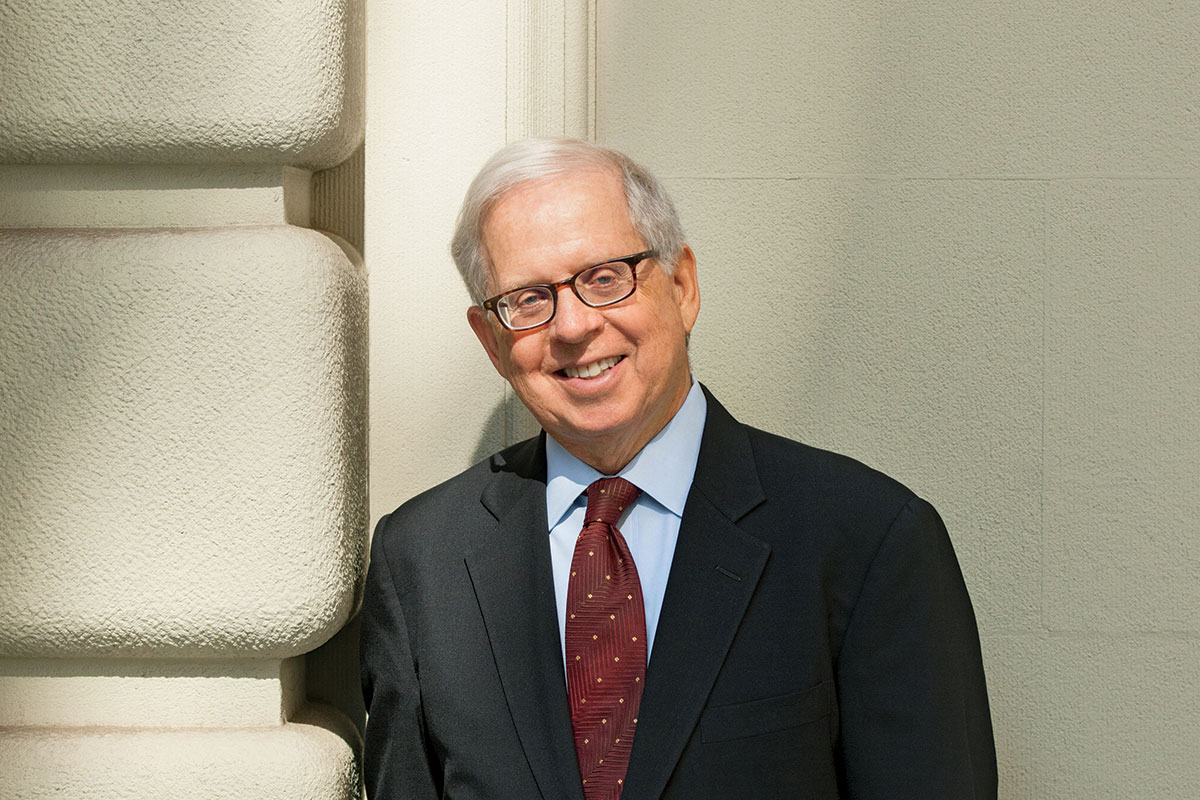Michael Rebell is “no stranger to playing the long game,” notes a Columbia Spectator profile of the longtime education litigator and Teachers College faculty member — particularly when it comes to creating better schooling for those most in need.
As a law student at Yale University, Rebell — now Professor of Law and Educational Practice and Director of TC’s Center for Educational Equity — taught for a program that prepared high school graduates from underprivileged backgrounds to enter elite colleges. After graduation, he worked at a law firm, where he helped what was then the New York City Board of Education decentralize its school system. And from 1993 through 2006, he served as lead attorney in a victorious lawsuit against New York State that was on track to bring New York City billions of dollars in additional school funding — until the 2008 recession halted the payments.
Rebell is prepared to hang tough in what could be the ultimate quest of his career: the suit he filed two years ago, on behalf of public school students in Rhode Island, seeking to establish that all students have a constitutional right to an education that prepares them to participate in the nation’s democratic activities.
All of those experiences, suggest the article’s co-authors, Columbia students Megan Lunny and Adina Cazecu-De Luca, have prepared Rebell to hang tough in what could be the ultimate quest of his career: the suit he filed two years ago, on behalf of public school students in Rhode Island, seeking to establish that all students have a constitutional right to an education that prepares them to participate in the nation’s democratic activities.
That case, Cook v. Raimondo, was recently dismissed by Judge William Smith of the U.S. District Court for Rhode Island — but in his 55-page opinion, Smith affirmed the need for civics education “in these fraught times” and commended the plaintiffs, writing, “What these young people seem to recognize is that American democracy is in peril.”
“I would have preferred to have won. But if we were going to lose, this is as good as it could have been,” says Rebell, who is planning an appeal that he hopes will bring the matter to the Supreme Court. [Read a story about the verdict, and read a subsequent interview with Rebell on his plans for appeal.]
In so doing, he tells the Spectator, he’s inspired by his plaintiffs, some of whom will likely graduate from high school before any ultimate victory: “I mean, just that attitude is saying something about understanding civic involvement and doing things to make something in your community better for other people, even if you’re not going to personally benefit from it.”
